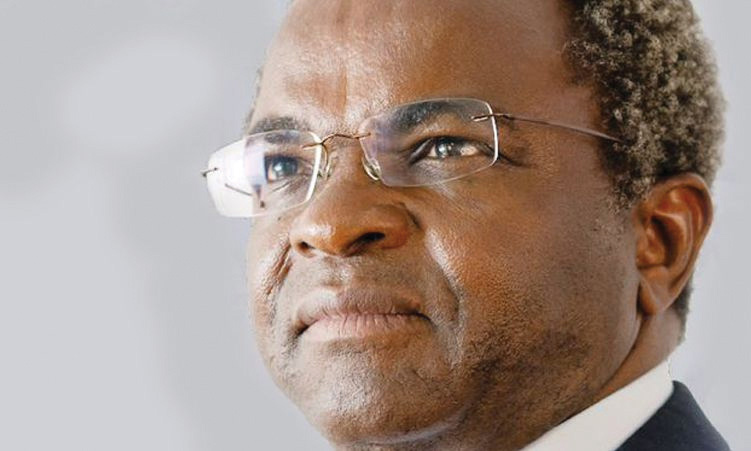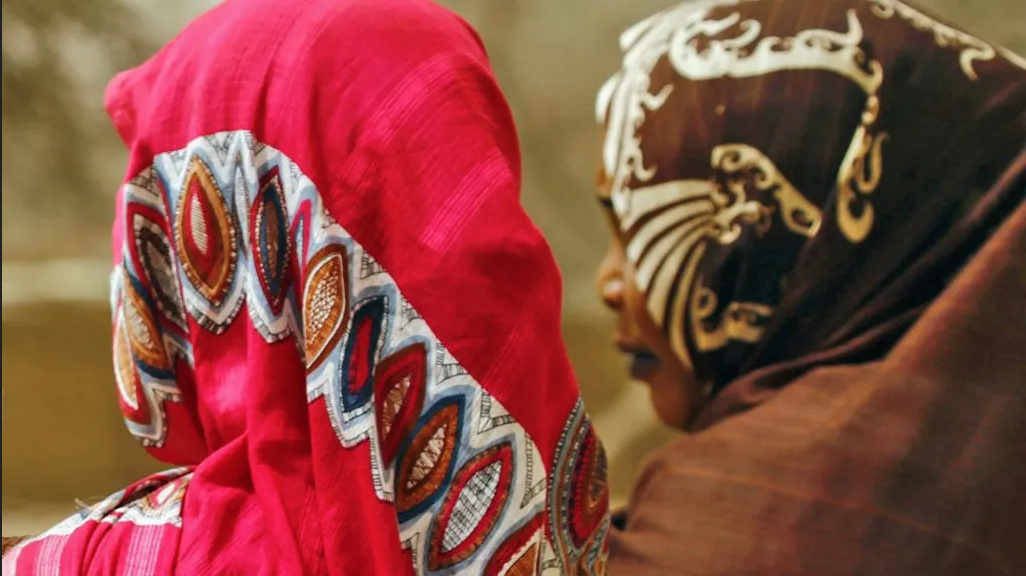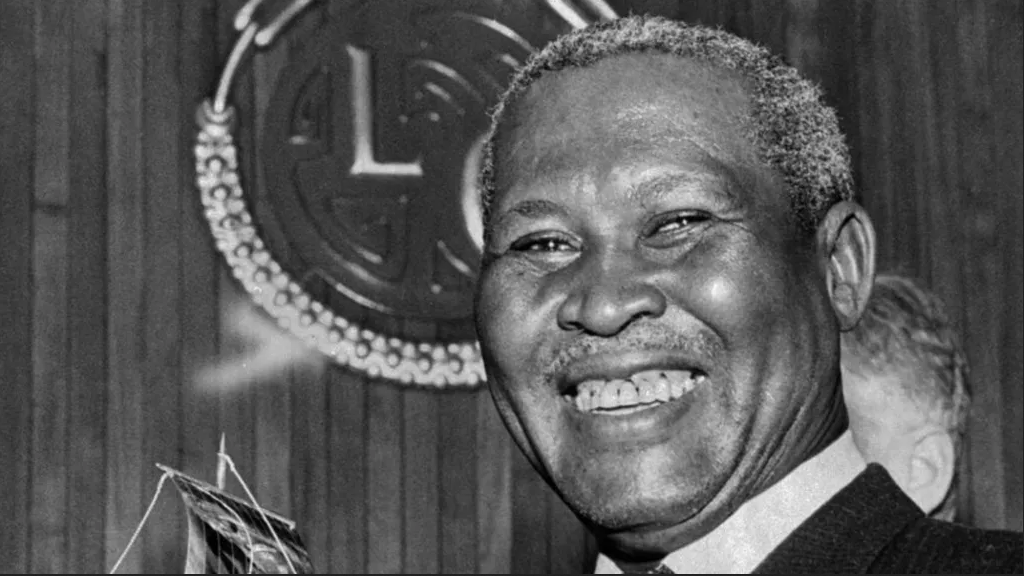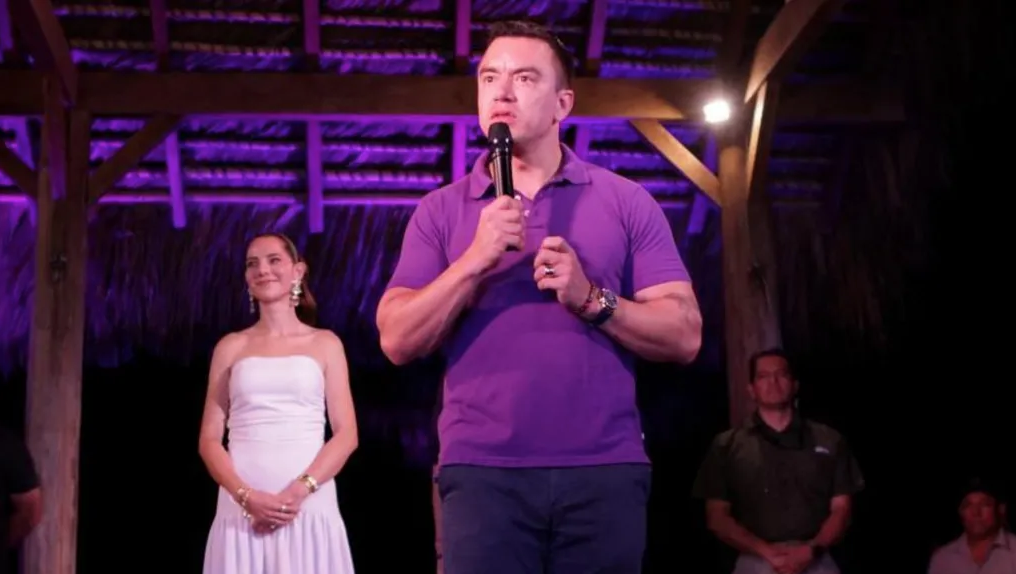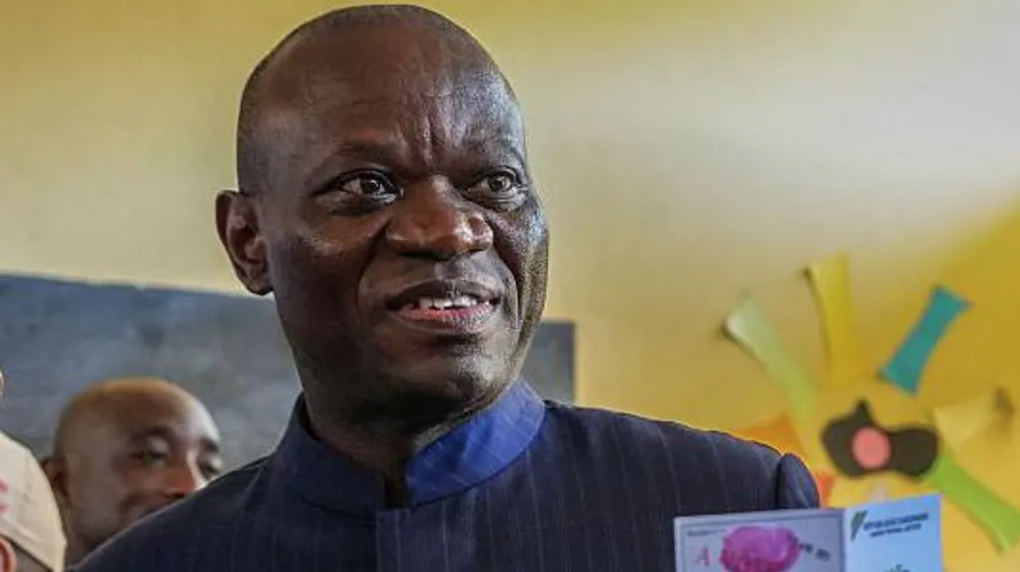Former Swanu of Namibia leader Usutuaije Maamberua says he supports Independent Patriots for Change (IPC) president Panduleni Itula’s move to run his party from outside the parliament.
He says most opposition parties struggled to survive beyond their first term in parliament, because their presidents spent more time on parliament business than on growing the party.
Itula has chosen not to include himself on the parliamentary list.
“Most opposition parties fade away by their second term in office because their leaders focus on parliamentary duties rather than party affairs,” Maamberua says.
“If you look at the history of all official opposition parties in the Namibian parliament, their leaders have rushed to parliament and, as a result, failed to properly run their parties. This has led to many of them going out of business after their first term,” he says.
Maamberua says a clear division of labour is necessary to ensure a party’s sustainability.
He questions why a party with 20 members would require its president to also sit in parliament.
“If the leader of a party decides not to become a member of parliament and instead focuses on running the party from its headquarters, it could strengthen the party’s operations.”
Maamberua says this is a division of labour tactic.
“It’s a question of division of labour if the leader of the party decides not to become a member of parliament and only runs the party from its headquarters,” he says.
Popular Democratic Movement leader McHenry Venaani says he respects Itula’s decision.
The IPC leader has, however, been misinterpreting the legal framework surrounding dual candidacy of parliamentary structures, he says.
“Like in Zambia, like in Ghana, those are stipulated constitutional prohibitions that when you are running for this office, you may not run for another office concurrently,” Venaani says.
Itula previously told The Namibian that Article 17 of the Namibian Constitution prohibits dual candidacy.
He said the IPC’s deliberate decision to exclude the president, vice president, general secretary, and chairperson from the parliamentary list was to prevent the party from repeating the mistakes of the Congress of Democrats, which became vulnerable and ultimately collapsed after placing all its top leaders in parliament.
Itula said the move aimed to hold party members accountable to the leadership, while emphasising he would not ask for their money or the official opposition leader’s money.
Itula said the Electoral Commission of Namibia had concerns about dual candidacy.
Venaani says these roles are not enshrined in national constitutions, but rather governed by parliamentary rules and procedures.
“The United Kingdom, which is a leading example of the Westminster system, does not have a written constitution but still recognises the role of the leader of the opposition through parliamentary convention rather than constitutional law.”
He says Namibia follows a similar framework.
Venaani says he respects the IPC’s internal decisions.
However, he remains firm in his stance that there has been a fundamental misinterpretation of legal and parliamentary principles in the ongoing debate.
Political analyst Rui Tyitende says Itula’s interpretation of the Namibian Constitution that a candidate cannot simultaneously run for both the presidency and a parliamentary seat is flawed.
‘IPC’S AYATOLLAH’
He says this is fuelled by Itula’s views of the Presidency as an all-or-nothing pursuit, leaving no room for alternative political roles.
Tyitende says this is Itula’s personal political strategy to prevent two centres of power within the IPC.
By avoiding the appointment of an official opposition leader in parliament Itula maintains absolute control over the party, he says.
“Itula is the Ayatollah (supreme leader) of the IPC and cannot afford to be sharing power symbolically or literally,” he says.
‘BAD MOVE’
Political analyst Henning Melber says Itula’s decision would significantly weaken the official opposition.
“I think it just shows a lack of strategic ability to steer the ship that is now the official opposition,” he says.
Melber says the official opposition in parliament without its leader physically present makes it hard to set the tone.
The analyst says Itula’s voice will not be heard in critical legislative debates.
“If there are parliamentary debates, will he remote-control the IPC members of parliament (MPs), or will he stand outside the hall while MPs rush out to get his advice whenever a quick decision or vote is necessary?” Melber asks.
IPC spokesperson Imms Nashinge has defended Itula’s decision to forgo the parliamentary membership and its associated perks, such as the official car and salary, at a time when many Namibians are struggling.
“How does that help our people who are going through difficult times? That is what truly matters,” he says.
Nashinge says the party has deployed capable individuals to the parliament.
“Our representatives come from these communities. They understand the challenges people face, they know where they live, and they engage with them.
“That allows them to listen to their problems and take their voices to parliament.”
‘LET’S WATCH AND SEE’
Public policy analyst Marius Kudumo says the leader of an official opposition party is essentially a “president in waiting” and should be recognised as such.
“The leader of an official opposition party is allocated their rightful place according to the List of National Credence,” he says.
Kudumo asks how the situation would be handled when the leader of the official opposition differs from absent party members.
“This is a new arrangement, and the best approach, in terms of analysis, is to wait and see,” he says.
The analysts say opposition parties serve as alternative governments, offering opposing strategies to challenge the ruling party.
Kudumo says if opposition leaders fail to effectively articulate alternative policies and hold the government accountable, their role becomes weakened.
“The ability to communicate with authority and clarity is crucial in competitive political environments where citizen engagement is high.”
When it comes to opposition leadership, merit and experience should determine who speaks and how they engage, Kudumo says.
“But while this may be the ideal, I cannot state with absolute authority that it is always the case.”
Stay informed with The Namibian – your source for credible journalism. Get in-depth reporting and opinions for
only N$85 a month. Invest in journalism, invest in democracy –
Subscribe Now!




